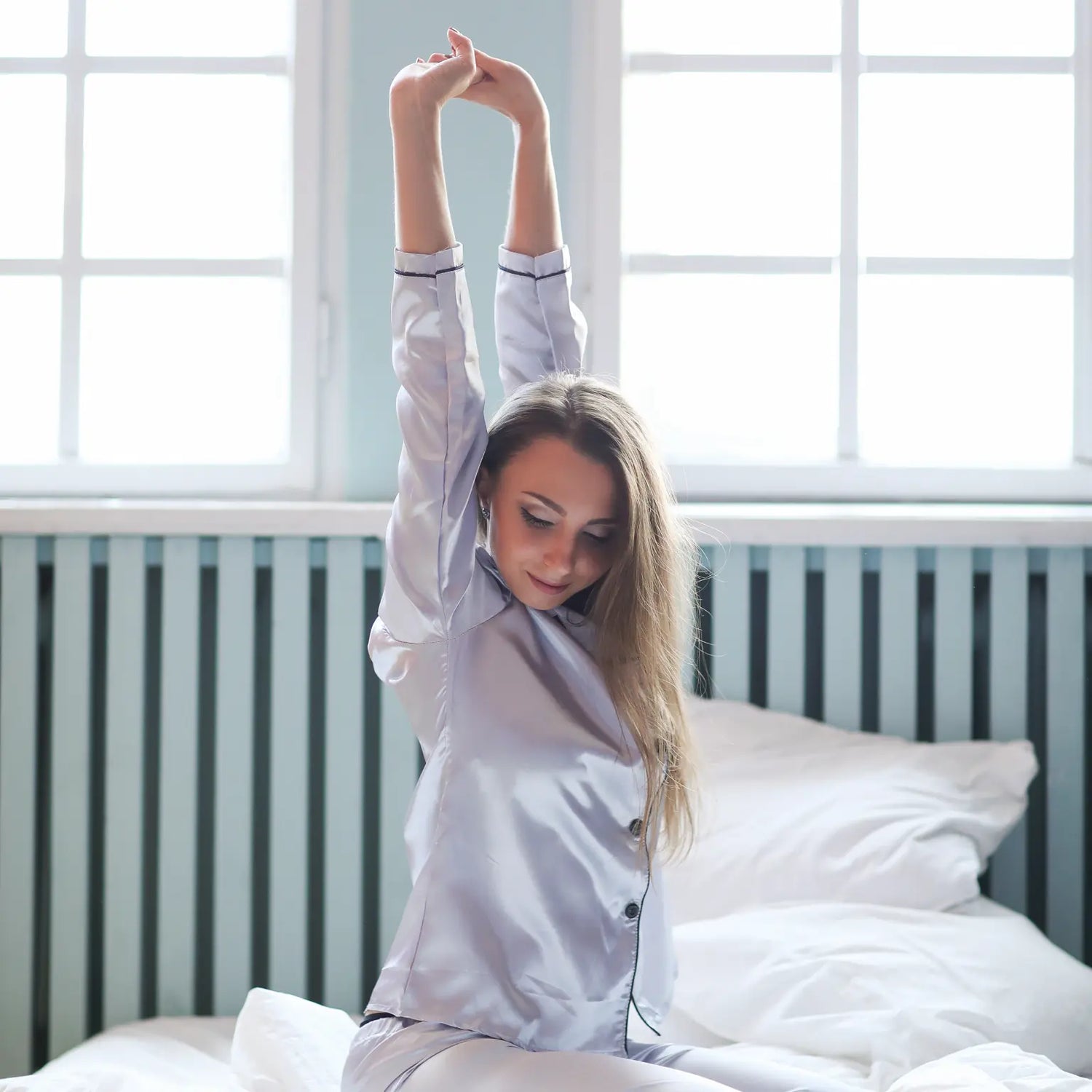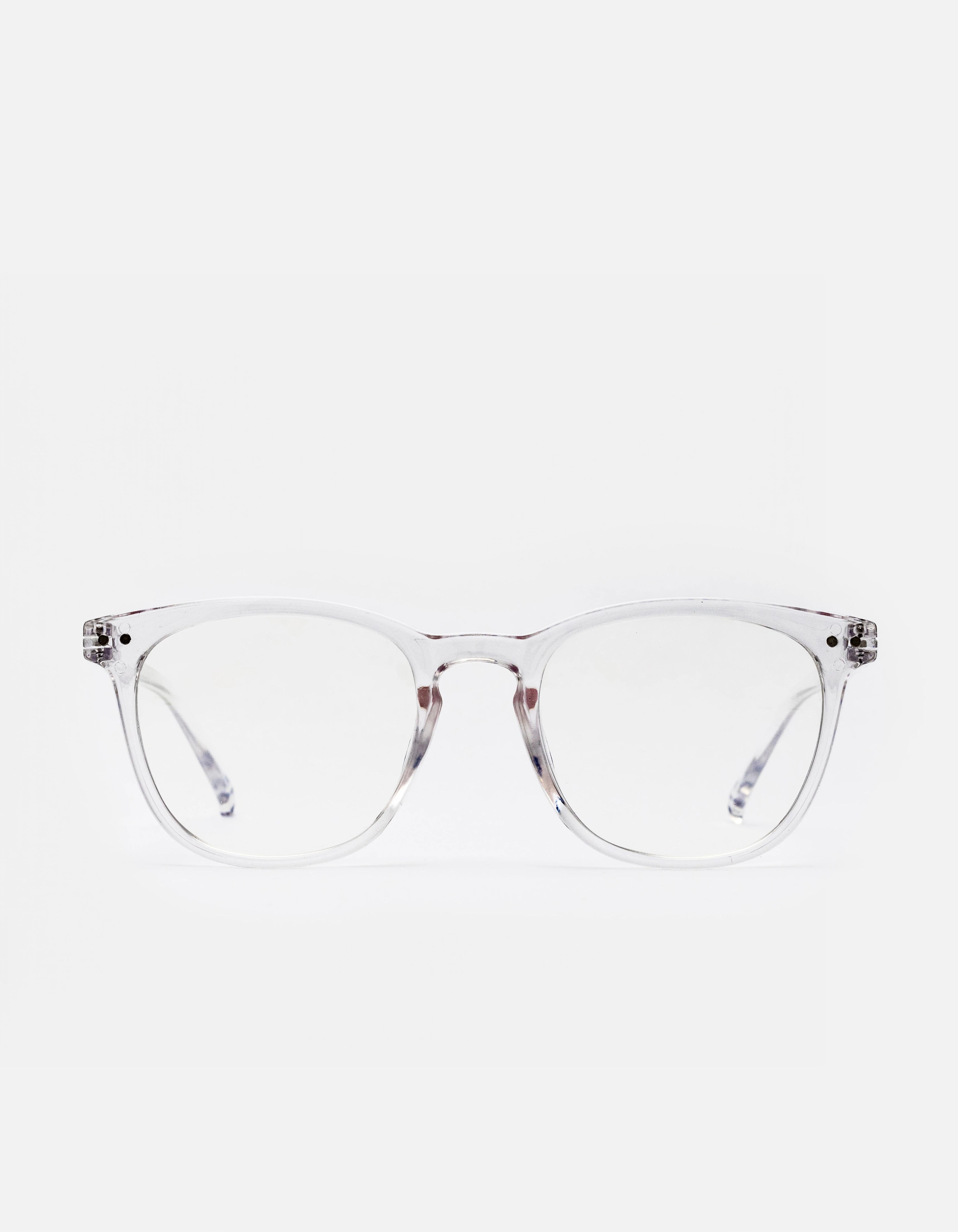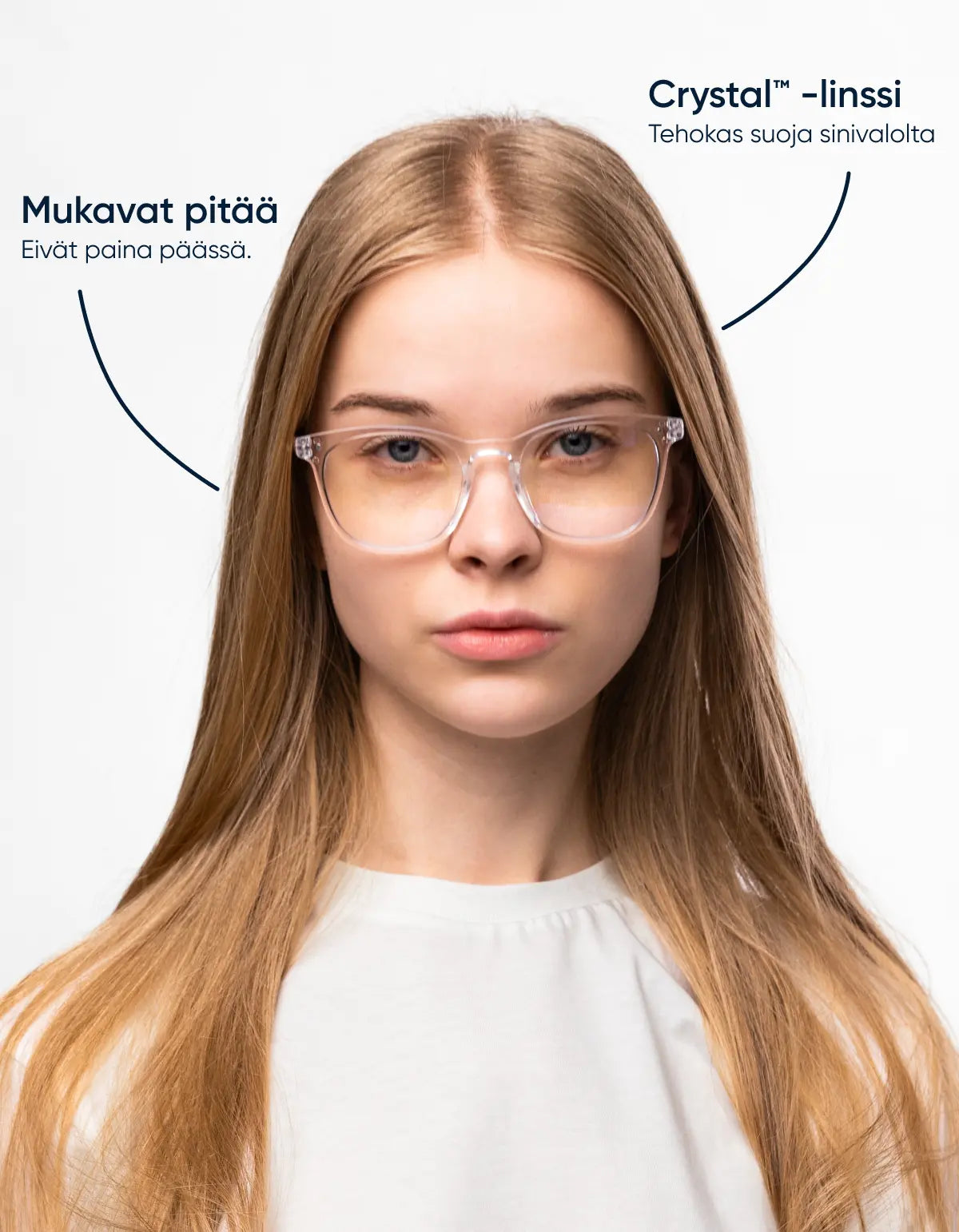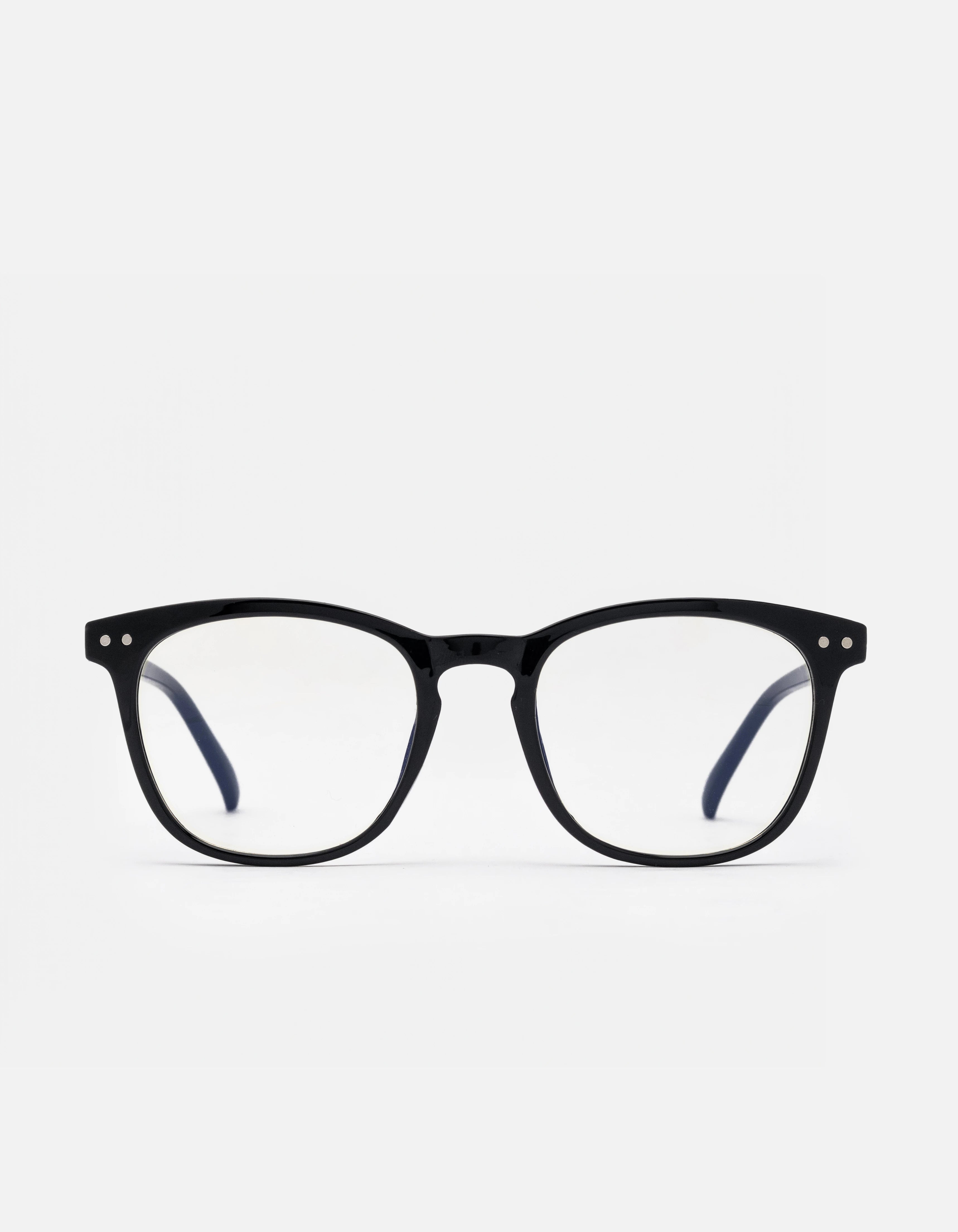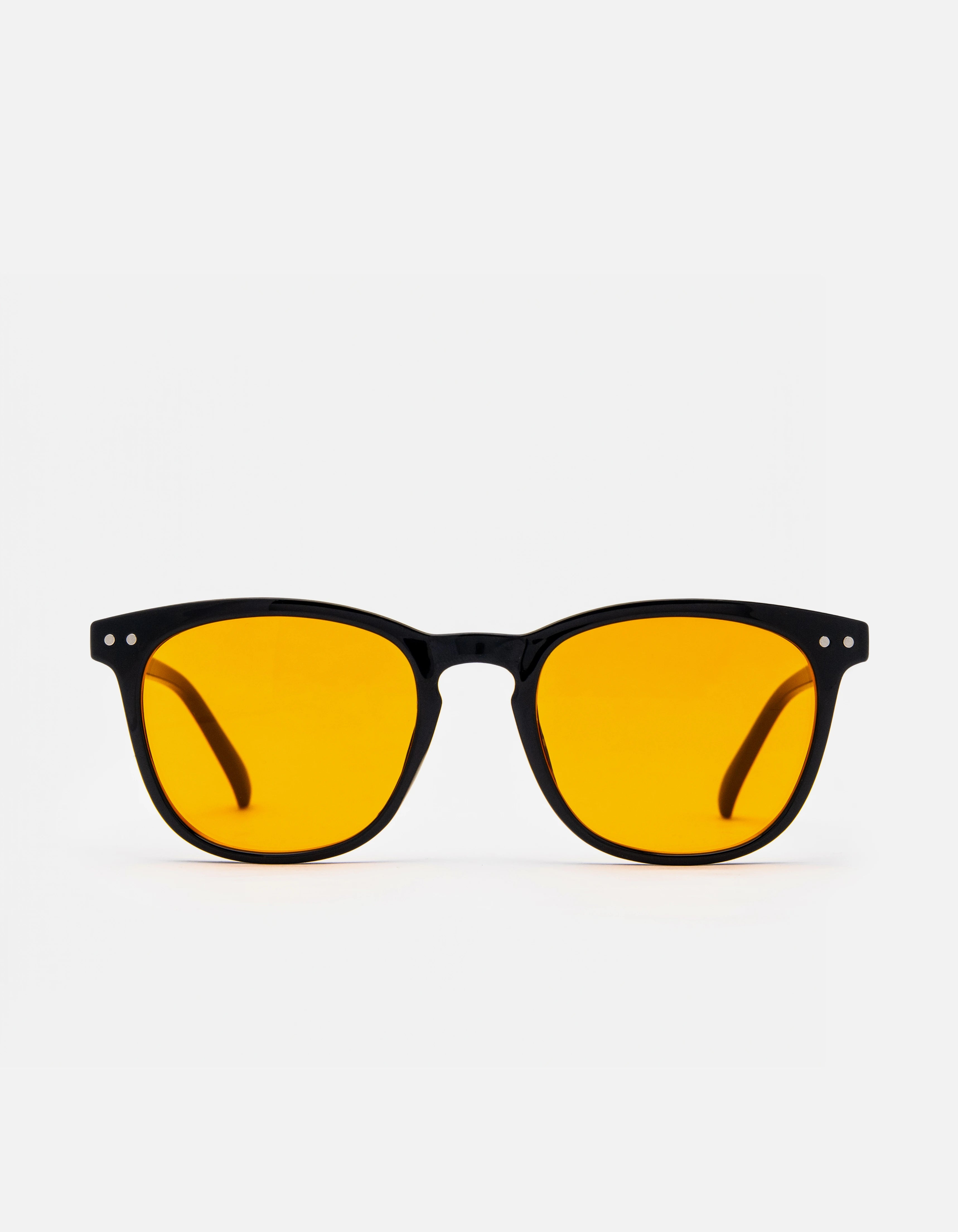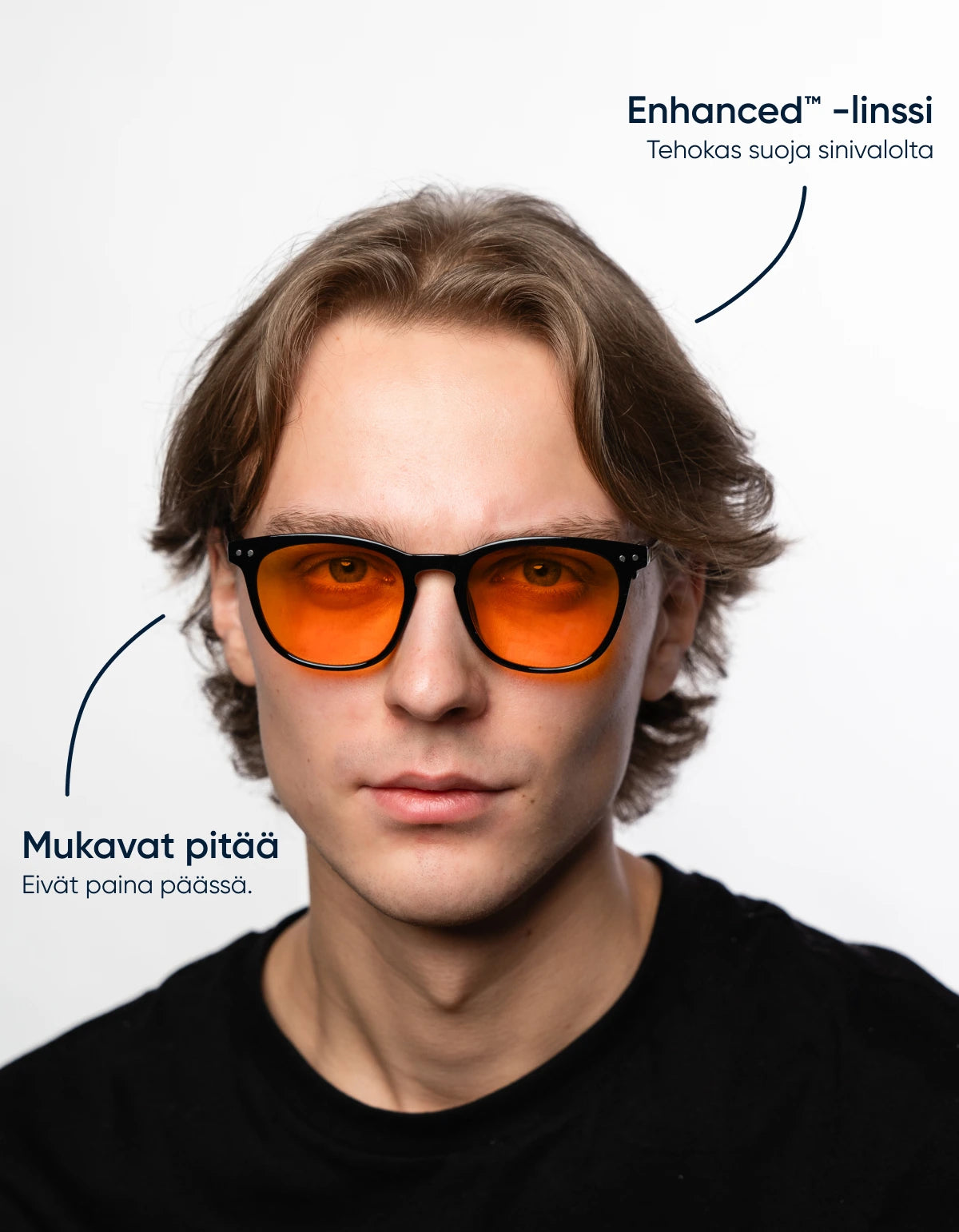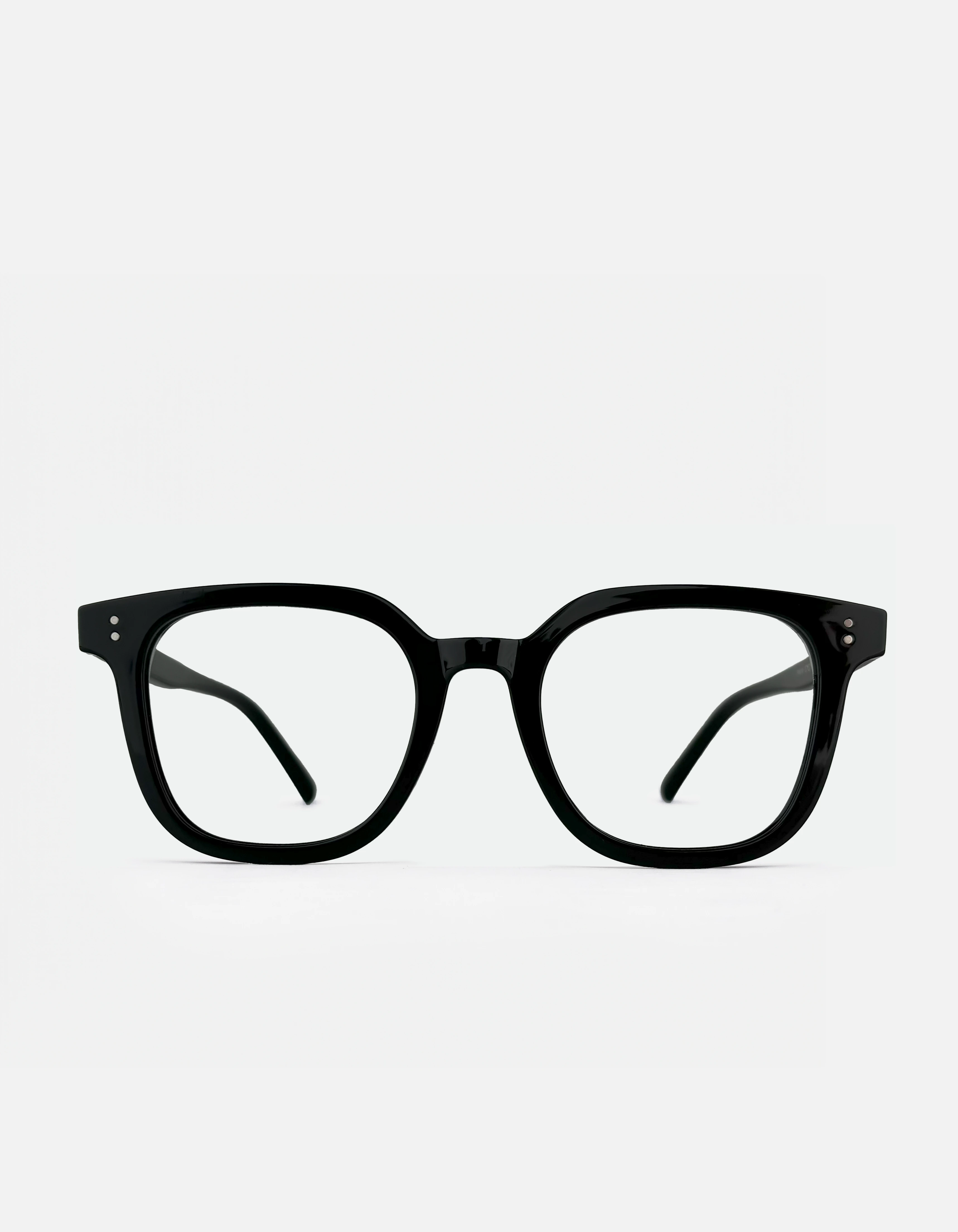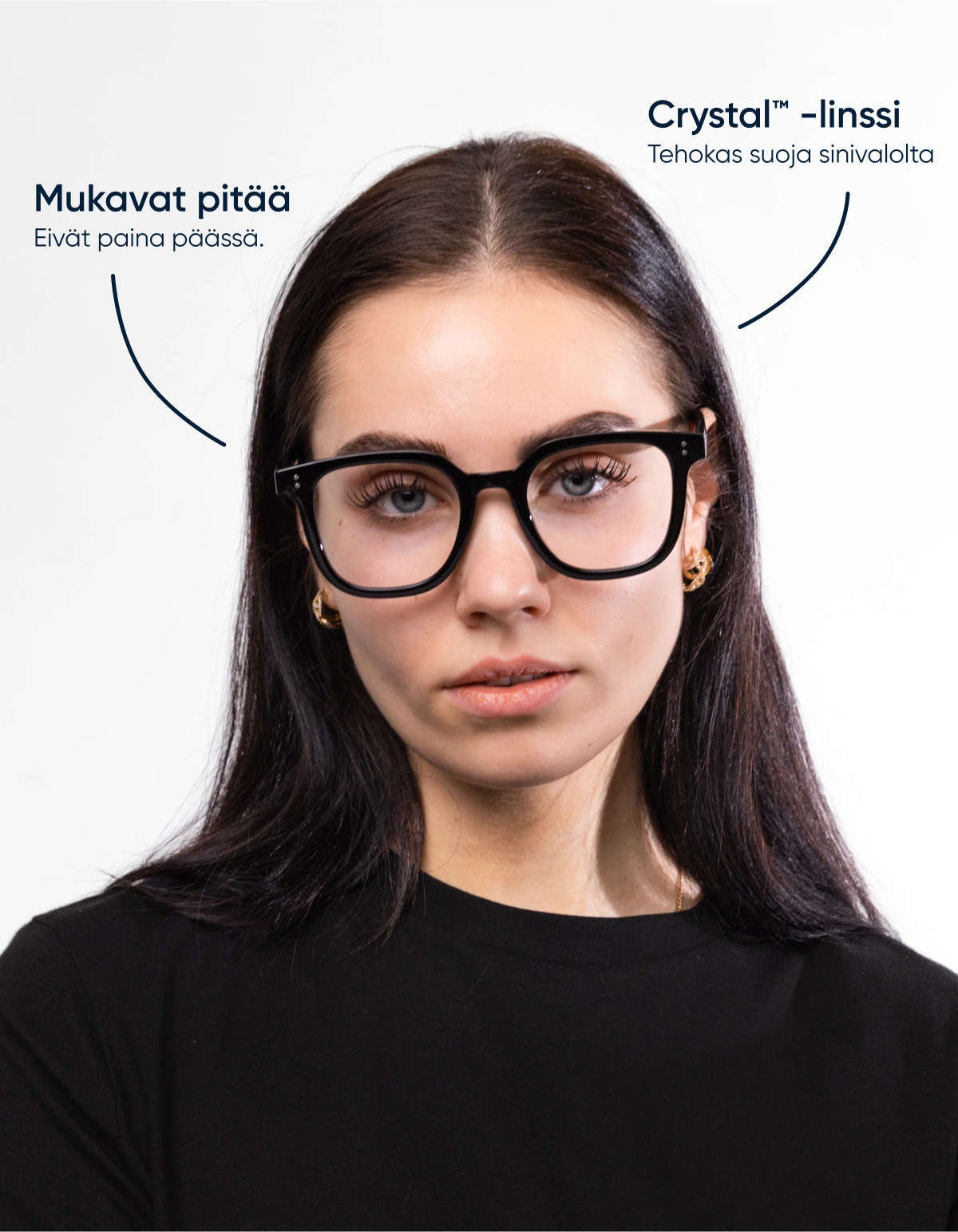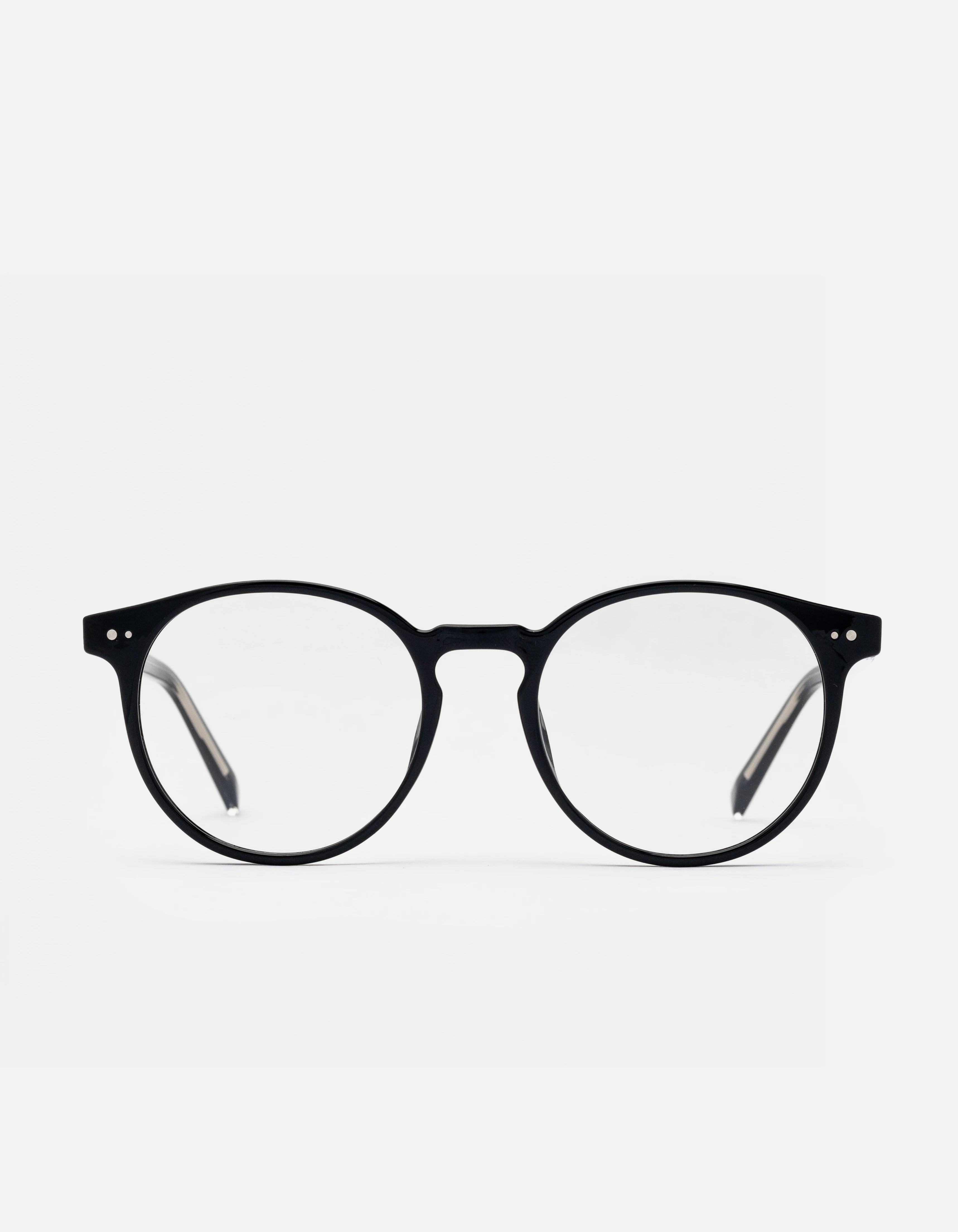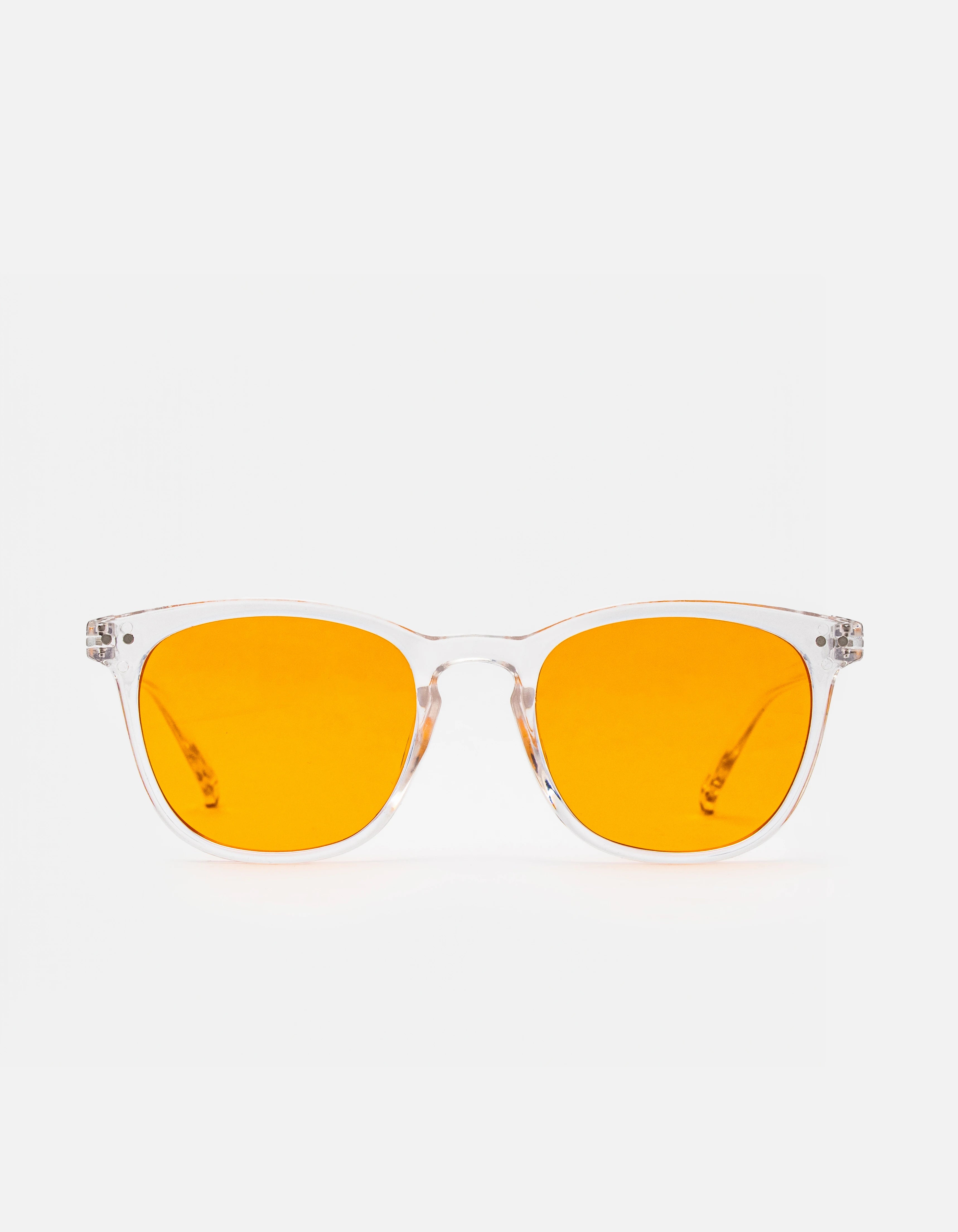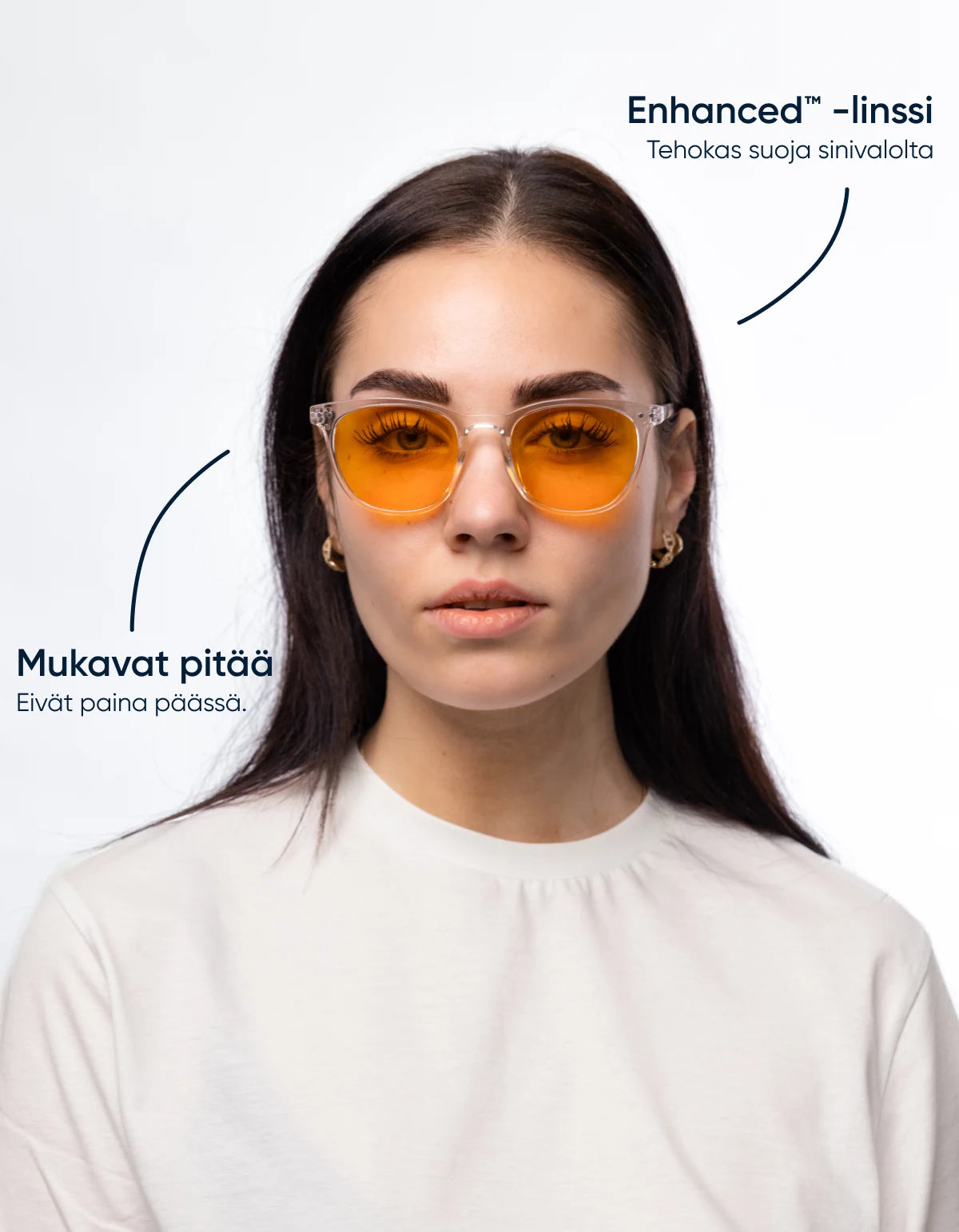Over millennia, humans have learned to adapt to the conditions provided by nature, which is reflected in the way our bodies react to light, among other things. Our circadian rhythm is governed by the alternation of light and darkness, and natural light plays an important role in this rhythm.
Blue light glasses have become a popular tool for managing the effects of artificial light, but their use is not always necessary. In this article, we will focus on when to use blue light and when to use the energy provided by nature.
Sunrise - Nature's own alarm clock
The first rays of sunshine in the morning are a signal for our bodies to start a new day. The blue spectrum of sunlight is a powerful way to regulate our internal clock. It is therefore not advisable to wear blue light glasses in the morning, as they can block this natural process. Instead, it is good to be exposed to morning light, which instructs the brain to wake up properly.
Indoor artificial light management
Although sunlight is beneficial, many of us spend much of the day indoors, where we are constantly exposed to artificial light. In such conditions, it is advisable to wear slightly yellowish, but light blue-white lenses (Crystal lenses).
When we work for long periods of time at a computer or other digital devices, blue light lenses can filter out a sufficient amount of harmful blue light and protect our natural circadian rhythm.
Preparing for sleep after sunset
After sunset in the evening, the body prepares itself for sleep, which is when blue light glasses are particularly useful.
If you continue to use digital screens or bright lights, we recommend that you wear orange-tinted blue lenses (enhanced lenses). These lenses have been shown to filter out 98% of blue light and help stimulate melatonin production, which prepares the body for rest at a natural time.
Summary
To live a healthy lifestyle, it's helpful to take a cue from nature, whose rhythms we've been used to tapping into for thousands of years.
When the sun rises in the morning, it's best not to wear blue glasses, during the day indoors to protect your eyes from artificial light, and as evening approaches, to use orange-tinted glasses. In this way, blue glasses are part of a healthy rhythm that supports both wakefulness and sleep quality.
